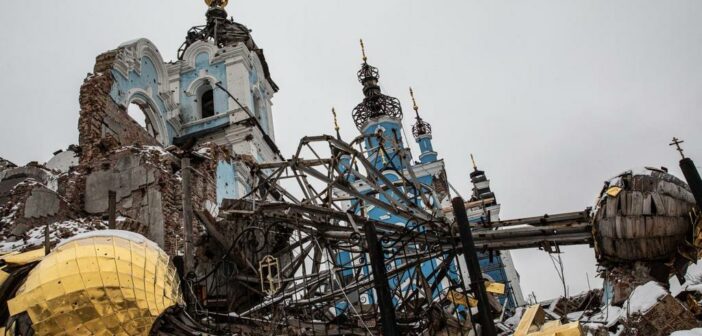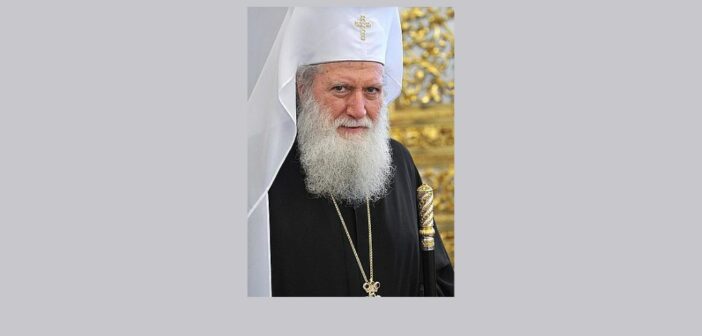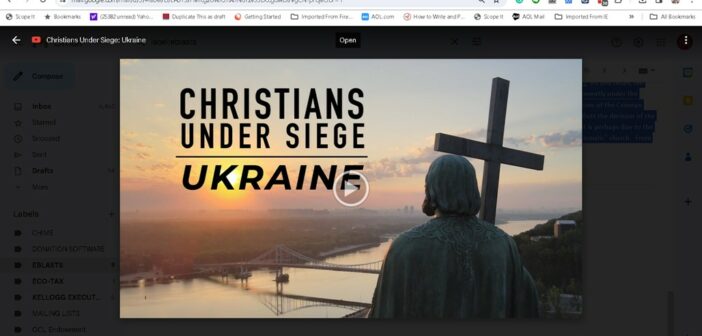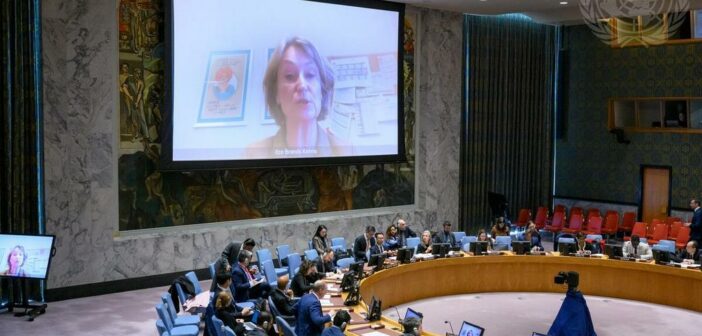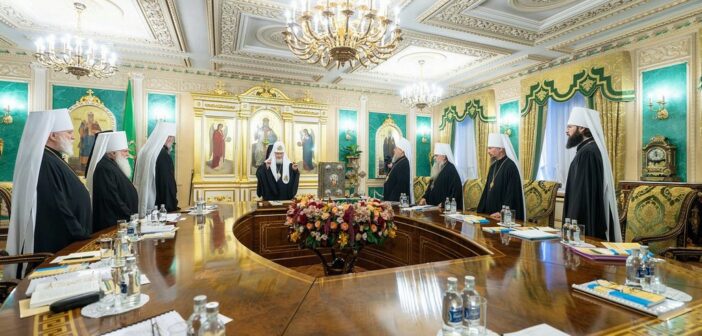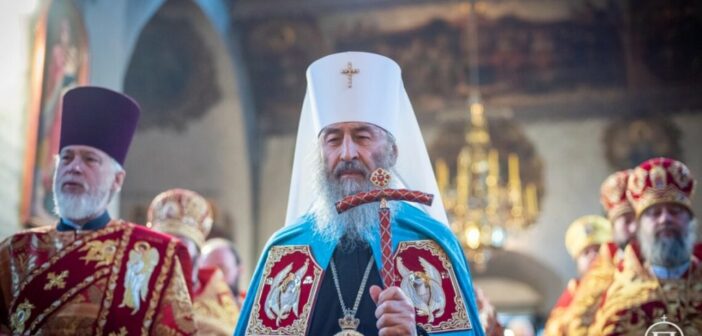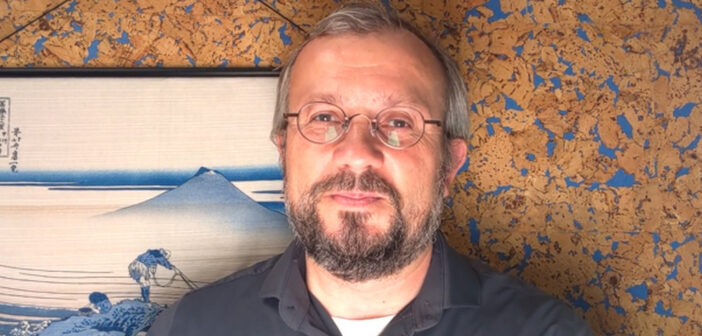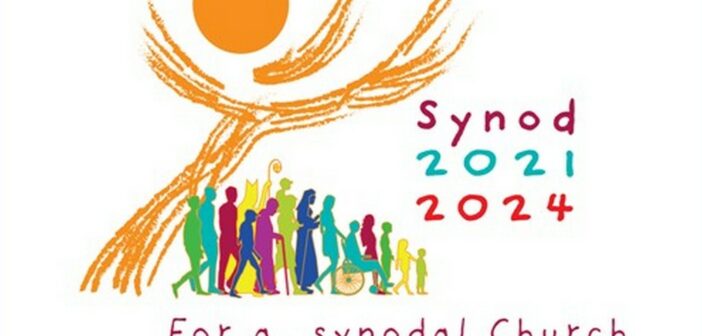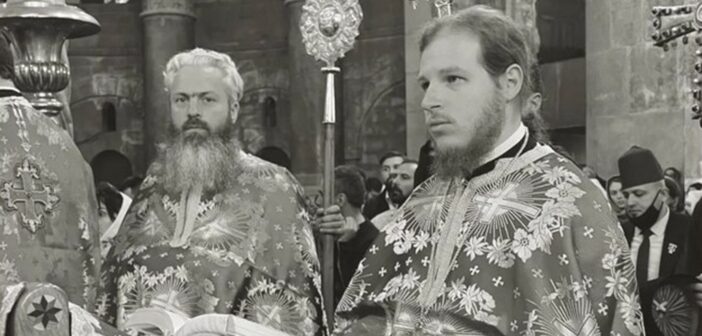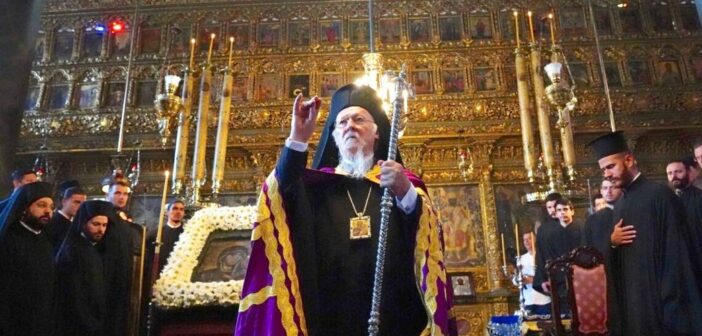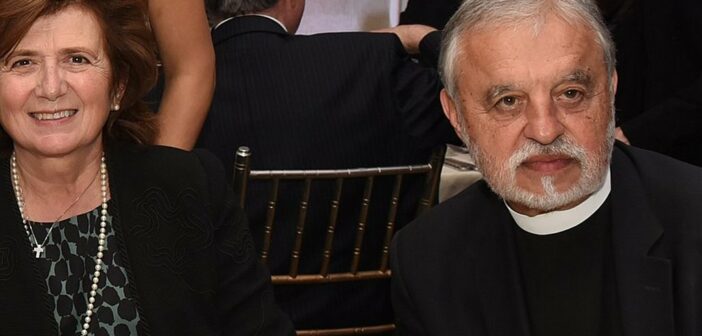Source: UOJ The Ukrainian Orthodox Church remains the most affected religious denomination in Ukraine due to the military actions. The Institute for Religious Freedom has updated data on partially damaged or completely destroyed religious buildings as a result of the Russian-Ukrainian war. According to the IRS, at least 246 Orthodox churches have been affected, with the majority belonging to the Ukrainian Orthodox Church, viz. 187. Overall, according to the organization’s data, the number of religious buildings affected or destroyed as a result of military actions amounts to 630 objects to date. “The largest number of churches, prayer houses, synagogues, and mosques have been…
Browsing: Ukraine
Source: Peter Anderson, Seattle USA There is the very sad news that Patriarch Neophyte died on the evening of March 13 at the age of 78 after a long illness. https://bg-patriarshia.bg/news/saobshtenie-po-povod-konchinata-na-negovo-sveteyshestvo-balg He had been patriarch for 11 years. The funeral service will begin at 9:30 a.m. on Saturday, March 16 at the Alexander Nevsky Cathedral in Sofia. https://bg-patriarshia.bg/news/sv-sinod-na-bpts-bp-opredeli-datite-za-poklonenieto-opeloto Patriarch Neophyte seems to have been highly regarded by everyone, and his condolences have poured in. On the morning of March 14, Ecumenical Patriarch Bartholomew conducted a Trisagion service for the repose of the soul of Patriarch Neophyte. https://orthodoxtimes.com/patriarchal-trisagion-for-the-late-patriarch-of-bulgaria-and-bishop-of-efkarpia/ The following are the condolences sent…
Source: Peter Anderson, Seattle USA On January 12, the Russian news agency Novosti reported that Archpriest Alexey Uminsky failed to appear for the second time before a Moscow diocesan court (Link). Novosti interviewed Archpriest Vladislav Tsypin, deputy chairman of the diocesan court. Tsypin stated: Yesterday we waited for him [Uminsky] for 4-5 hours. He is being summoned to court due to failure to comply with the instructions of the hierarchy, the Patriarch, to read a prayer for Holy Rus.’ This quotation is the most authoritative information to date that the current proceedings against Uminsky are based on his failure to recite this prayer. The…
Source: Public Orthodoxy Very Rev. Dr. Andrei Kordochkin Priest at St. Mary Magdalene Russian Orthodox Church (Madrid, Spain) Editor’s Note: The Orthodox Church in Russia is divided, but this division is not canonical nor administrative. Moreover, it is not always visible from the outside. While the official Church has become an integral part of Putin’s political regime, on a deeper level, there is resistance on behalf of small Orthodox communities and individuals who deny accepting the proclamation of violence and the justification of war. These “propaganda sermons” are constantly pronounced from the ambos of the churches nationwide, causing abruption and…
Source: Peter Anderson, Seattle USA On November 17, Ilze Brands Kehris, who is the United Nations’ Assistant Secretary-General for Human Rights, made a presentation at a session of the Security Council which was discussing the issue of freedom of religion in Ukraine. The complete text of her presentation can be read in English at (link). Aside from the High Commissioner and the Deputy High Commissioner, Ms. Brands Kehris is the highest official of the United Nations’ Office of the High Commissioner for Human Rights (OHCHR). (link) In her presentation, Ms Brands Kehris was highly critical of certain actions by Russia against churches in the…
Source: Peter Anderson, Seattle USA On Wednesday, October 11, the Holy Synod of the Moscow Patriarchate met at the Danilov Monastery in Moscow. The meeting had not been previously announced. The minutes of the meeting can be read at (link). Changes were made in three important positions of the Moscow Patriarchate. The first change is that Metropolitan Lazar of Simferopol and Crimea is retired by the Holy Synod. See Journal entry 92. The retirement of Metropolitan Lazar is not a surprise. He was born in 1939 (thus 84 years old) and has served as the head of the Simferopol and Crimea diocese…
Source: Peter Anderson, Seattle USA There have been several reports in the last few days that enough deputies in the Ukrainian parliament (Verkhovna Rada) have pledged their support for the passage for Draft Law 8371. Draft Law 8371 has been pending in the Rada for more than nine months but had not been submitted to the Rada for the first reading because of lack of majority support in the Rada. However, Oleg Dunda, a deputy in the Rada, stated on October 6: “The appeal of the People’s Deputies to ban the UOC-MP has already collected about 240 signatures, and in…
Source: Peter Anderson, Seattle USA On Sunday, September 25, Patriarch Kirill of Moscow and All Rus’ issued a decree initiating canonical proceedings in the diocesan court of the Moscow Diocese against Archimandrite Cyril Hovorun. Pending a canonical trial, the decree imposed severe limitations on the priestly service of Archimandrite Cyril. The full text of the decree is posted at (link). A Google translation of the full decree is as follows: Decree No. U-02/152 of 25 September 2023 // to Archimandrite Kirill (Hovorun) The written commitment of fidelity to the Russian Orthodox Church given by you was repeatedly violated, which was expressed,…
Source: Peter Anderson, Seattle USA The first session of the XVI Assembly of the Synod of Catholic Bishops will be held at the Vatican during the period October 4-28, 2023. The Synod will be devoted to the subject: For a Synodal Church: Communion, Participation, Mission. On September 19, the Vatican provided the final list of the Synod participants. https://www.synod.va/en/news/the-participants-of-the-16th-general-assembly-of-the-synod-of-bishops.html Of the twelve “fraternal delegates” listed, three are from the Orthodox Churches of the Byzantine tradition, and three are from the Oriental Orthodox Churches. With respect to the Dicastery for Promoting Christian Unity, Cardinal Kurt Koch is listed as a participant, and Father Hyacinthe…
Source: Public Orthodoxy Hieromonk Athanasius (Bukin) On February 7th, 2023, still a priest of the Russian Orthodox Church, I boarded a plane and left the Holy Land, where I was serving as a member of the Russian Ecclesiastical Mission in Jerusalem (REM). Only after landing in Antalya (Turkey) did I publish a post on social media in which I announced my departure from the Russian Orthodox Church (ROC) and my intention not to return to Russia. This was preceded by months of heavy reflection and, I will not hide, moral uncertainty. I became a practicing Orthodox Christian in 2008, when…
Source: Peter Anderson, Seattle USA On September 1, Ecumenical Patriarch Bartholomew celebrated at the Phanar the Feast of Indiction, which marks the beginning of the church year. September 1 is also the Day of Prayer for the Protection of the Environment, instituted by the late Ecumenical Patriarch Demetrios in 1989. The Ecumenical Patriarch’s letter for this year can be read in English at https://ec-patr.org/patriarchal-message-for-the-beginning-of-the-ecclesiastical-year-and-the-solemn-day-of-prayers-for-natural-environment-1st-september-2023/. This year’s letter includes a paragraph devoted to the “horrible ecological devastation” caused by the war in Ukraine. In view of the fact that “the people and ecosystem of Ukraine have undergone and continue to undergo…
Source: The National Herald SOUTHAMPTON, NY – In an interview featured on 27east.com, Protopresbyter of the Ecumenical Patriarchate Father Alexander Karloutsos spoke about the war in Ukraine. Tom Gogola’s article begins by noting that, “the war in Ukraine may be thousands of miles away, but it hits close to home for Father Alex Karloutsos of the Dormition of the Virgin Mary Greek Orthodox Church of the Hamptons in Shinnecock Hills.” Gogola writes that, “Karloutsos is joining his church colleagues in decrying the punishment, he says, of hundreds of Russian-based clergymen in the Russian Orthodox Church who have opposed the war…

